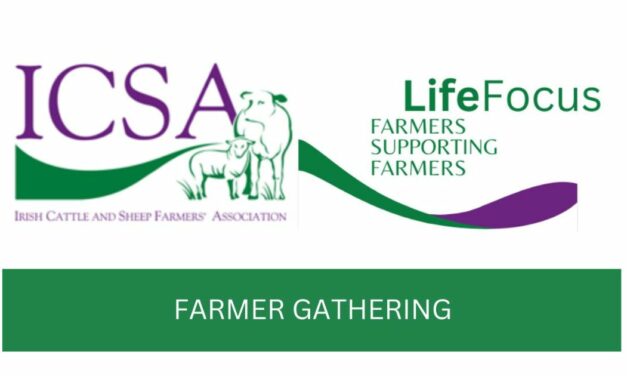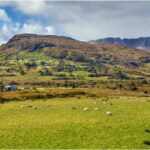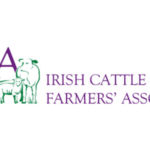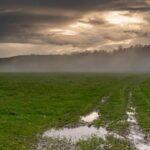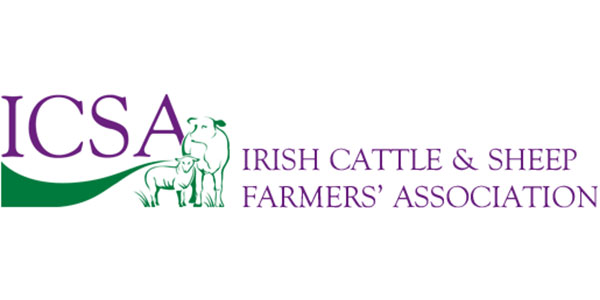6 APRIL 2018
The amount of stock going into knackeries is double what is normal for this time of year according the Irish Cattle & Sheep Farmers’ Association. ICSA president Patrick Kent said that ICSA has had feedback from licensed knackeries which indicates that the impact of the fodder crisis and the ongoing bad weather since last July is really taking a toll. “Knackeries are flat out collecting dead animals which shows just how bad things are. If the Minister is in any doubt he should talk to the people who are at the coalface of dealing with this crisis. It is clear that the fodder crisis is impacting severely but it is equally the case that even where there is fodder, the long winter and atrocious weather is also leading to increased levels of animal disease such as pneumonia.”
The ICSA president added that it is now time to stop the relentless focus at all costs on increased production and ever higher stocking rates. “This fodder crisis is the second major fodder crisis in five years. With the high stocking rates that have been advocated, everything must go right or there are consequences. We are witnessing those consequences now and with two crises in the last five years, the trend is bound to continue.”
“Systems have been pushed beyond their limits and there is no safety cushion built in for when things go wrong. The wet autumn, the early onset of winter, the snow and late spring have all combined to throw everything out of whack. If it had have been a good year weather wise we might not be in the situation we’re in, but it hasn’t been a good year and farmers can’t cope.”
“There is too much reliance on getting stock out to grass in February particularly in the dairying sector. This is coupled with far too many dairy farmers getting into unmanageable numbers. The farming press needs to reflect on the glorification of farmers who have gone from 60-80 cows to herds of several hundred cows over a few short years. In theory it is grand but as soon as you get bad weather the wheels come off. There is a knock-on impact on all other farmers as the big operators then have to panic buy large quantities of feed at any cost.”
Mr Kent also criticised the Department of Agriculture for failing to react to the crisis sooner. “ICSA has been flagging a fodder catastrophe for months now. It’s not good enough to expect farmers to maximise production to meet overly ambitious export targets and then wash your hands when trouble hits. It’s all been about high input and high output and takes no account of labour or the added stress and pressure it puts farmers under. Advice to get into so many cattle is all well and good, but at the end of the day it’s still a gamble when you can’t control the weather.”
“The next few weeks are bound to be the most difficult of all with little improvement in weather conditions forecast. There can be no doubt this crisis is having an animal welfare impact and farmers no longer want to hear about a transport subsidy that hasn’t worked, they need subsidies to buy feed now. We also have to be very sensitive to the immense mental pressure that many farmers are under and I am calling on the Minister to ensure that all inspectors are directed to avoid doing anything to add to the stress that farmers are under.”
ENDS

